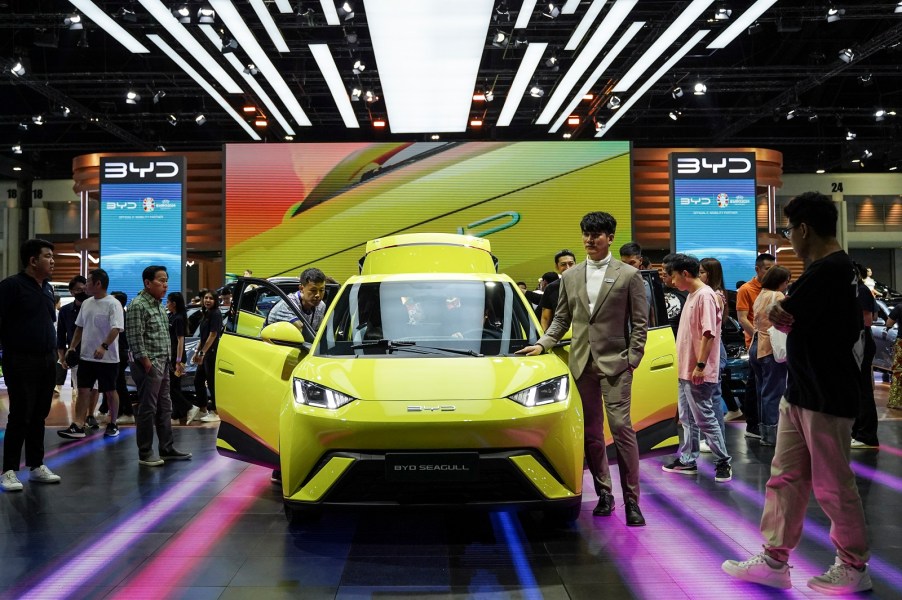
Chinese EV giant BYD makes moves to enter the Canadian market
BYD, the China-based EV manufacturer, is officially making moves to enter the Canadian market. Recent regulatory filings reveal that BYD lobbyists are engaging with both federal and Ontario governments. Their mission is to facilitate BYD’s entry into Canada’s EV market, establish new business operations, and navigate potential tariffs on its vehicles.
This development could significantly reshape North America’s EV – and general automotive – landscape. BYD’s timing certainly seems highly strategic. Currently, the Canadian government is considering regulatory measures to shield the North American market from Chinese competition.
In June, Canada hinted at possible tariffs on Chinese-made EVs. This move mirrors actions taken by the United States and the European Union. Tariffs aim to counter what is perceived as China’s “fatal threat” to its global competitors. In May, President Joe Biden announced 100% tariffs on Chinese EVs. The European Union recently imposed tariffs up to 38%.
The BYD Seagull Honor Edition EV starts under $10K
Chinese manufacturers like BYD have already excelled in mass-producing affordable and reliable EVs. BYD’s entry-level EV, the Seagull, sells for around $12,000 in China. The even shorter-range Seagull Honor Edition is priced at only $9,700. This affordability, combined with high manufacturing standards, has made Chinese EVs very attractive to drivers – and a crushing threat to American automakers.
In 2023, BYD overtook Tesla to become the world’s top-selling EV maker. Tesla’s CEO, Elon Musk, acknowledged the competitive edge of Chinese EV manufacturers, suggesting they could dominate without trade barriers.
Today, American automakers have yet to produce cheap, reliable EVs for the general population of drivers. In reality, we’re still years away from that. Consumer sentiment for EVs remains mixed at best, and low in many areas of the country.
Per Repairer Driven News, BYD’s plans do not currently include the U.S. market, despite its allure. Instead, the company views Canada and Mexico as strategic entry points. Following the introduction of BYD electric buses in Canada, the company seems to be subtly “countering” any anti-Chinese sentiment while setting the stage for a broader market entry.
As Chinese EV makers prepare to manufacture in locations like Thailand and Mexico, leveraging regional trade pacts to access nearby markets, the North American sector remains guarded. In a paper released in February, the Alliance for American Manufacturing emphasized the “extinction-level” threat posed by subsidized Chinese EVs and called for robust federal support. It urged regulators to ensure the U.S. auto sector can survive BYD’s posed market disruption.
BYD’s strategic moves in Canada could be a precursor to more significant shifts in the global EV market, making it a critical space to closely watch. Will Canada align with U.S. sentiments, or will American automakers face the EV maker’s lineup sooner than they’re prepared to?



